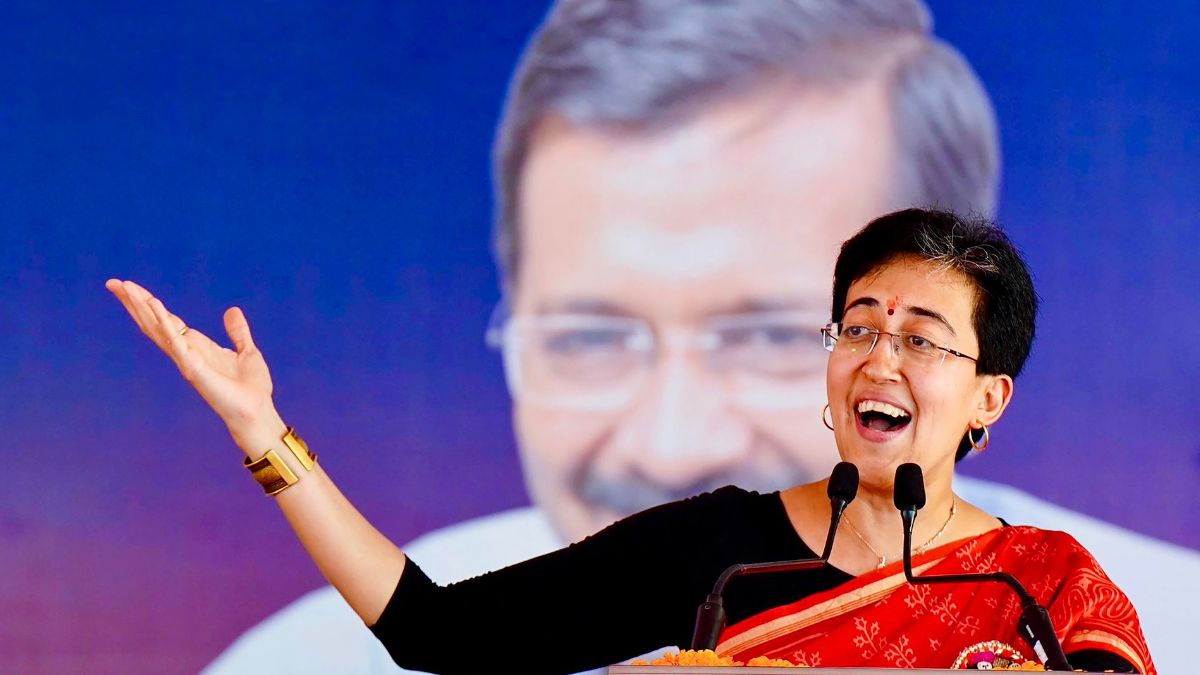) |
|
The Delhi Assembly election results delivered a resounding blow to the Aam Aadmi Party (AAP), marking a significant resurgence for the Bharatiya Janata Party (BJP) after a 27-year absence from power. Arvind Kejriwal, the incumbent Chief Minister, suffered a stinging defeat in his New Delhi constituency, a blow that effectively signaled the end of AAP's dominance in the national capital. The party's overall performance fell dramatically short of the 36 seats needed for a majority, highlighting a significant shift in public opinion. Key figures within AAP, including Manish Sisodia and Saurabh Bharadwaj, also conceded defeat in their respective constituencies, Jangpura and Greater Kailash, respectively. This widespread defeat represents a major setback for the party and raises serious questions about its future trajectory.
Amidst this wave of losses, however, one AAP leader emerged victorious: Atishi, who secured her seat in Kalkaji, defeating BJP's Ramesh Bidhuri by a margin of 3,521 votes. Her win stands in stark contrast to the party's overall performance, making her the sole bright spot in an otherwise devastating election outcome. Atishi's victory is particularly noteworthy given the context of the widespread defeat of other prominent AAP leaders. Her success could be attributed to a number of factors, including strong local campaigning, effective mobilization of voters, and potentially a resonance with specific concerns of the Kalkaji constituency that may not have been mirrored across the broader Delhi electorate. This localized success provides a limited, yet potentially important, foundation for AAP to rebuild from.
Atishi's post-election statement emphasized her gratitude to the people of Kalkaji and acknowledged the broader context of the election results. She highlighted the importance of continuing the fight against what she termed the BJP's 'dictatorship and hooliganism,' indicating that despite her personal victory, the focus remains on larger political objectives and continuing opposition to the BJP's governance. This statement demonstrates a clear understanding of the political landscape and the need to maintain a strong oppositional stance. The question remains whether her individual success can serve as a catalyst for AAP's revitalization or if it is an isolated incident within a larger trend of declining support for the party.
Atishi's political career is closely intertwined with the rise of the Aam Aadmi Party. Since joining the party in 2012, she quickly established herself as a key figure, serving as an advisor to Deputy Chief Minister Manish Sisodia, particularly in the field of education. Her involvement in the drafting of AAP's manifesto for the 2013 Delhi Assembly elections and her contributions to the party's policy development highlight her significant role in shaping AAP's ideology and strategy. Her reputation for resilience and leadership has made her a valuable asset to the party throughout its various stages of development and challenges. Her ability to secure her own seat while so many others within AAP lost suggests a level of political acumen and understanding of the local electorate that may hold key insights for the party's future strategies.
The contrast between Atishi's individual success and the party's overall defeat raises several important questions. The analysis of the election results needs to go beyond simply identifying the winners and losers, and delve into the underlying reasons for the differing outcomes. What specific factors contributed to Atishi's victory in Kalkaji? Are there lessons to be learned from her campaign that can inform AAP's future strategies? How can the party effectively address the broader issues that led to their overwhelming defeat across the city? The future of AAP in Delhi, and perhaps nationally, is now inextricably linked to its ability to analyze these results effectively and implement necessary changes to regain public trust and support. The party will need to engage in a critical self-assessment, reviewing its strategies, messaging, and voter engagement techniques to determine the path forward. Atishi's victory, while providing a glimmer of hope, does little to mask the magnitude of the challenge facing the party.
Source: Delhi election results: Is Atishi now AAP’s numero uno as Kejriwal, Sisodia suffer defeat?
